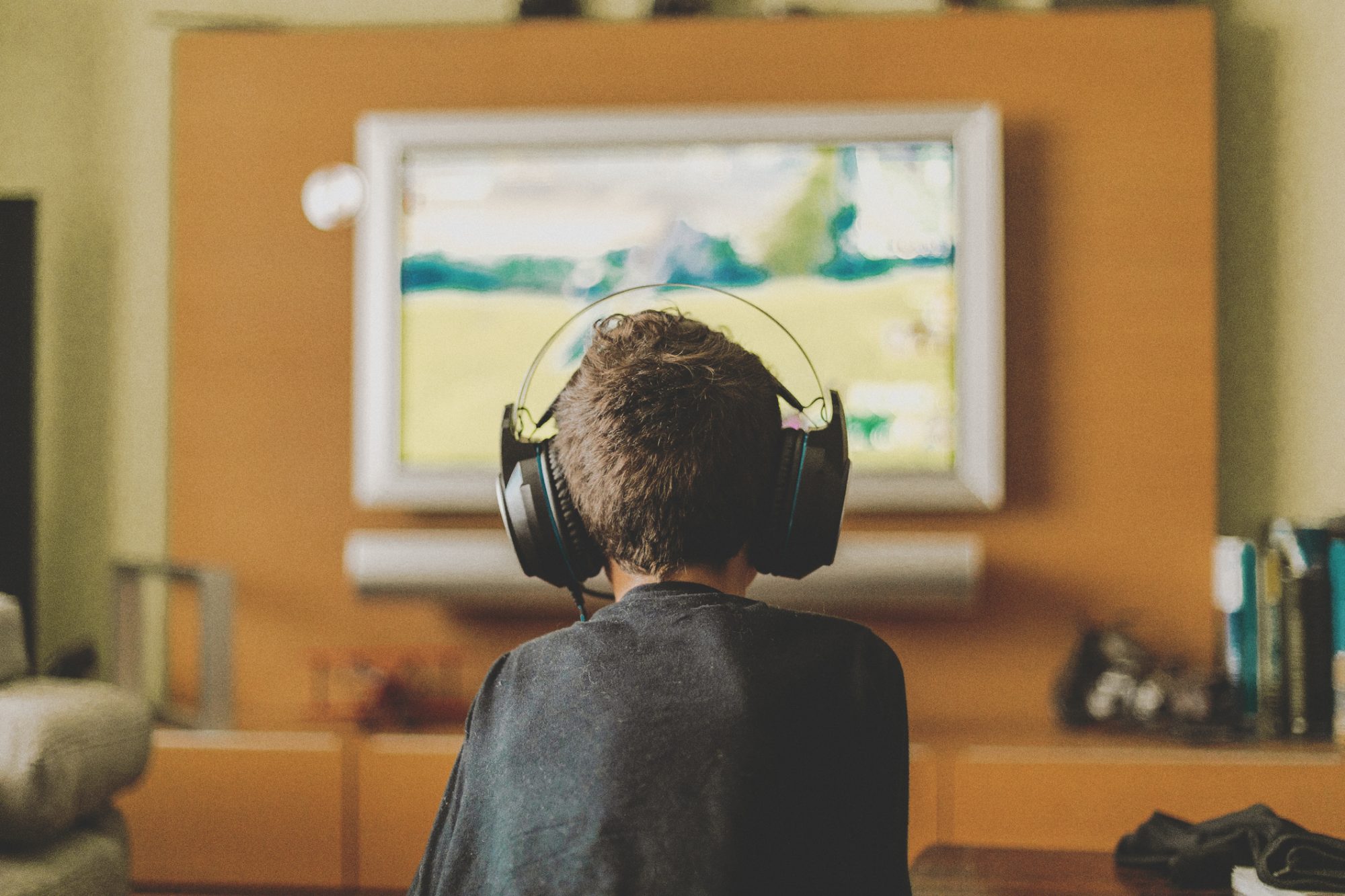
For 13 years of my professional life, my days included planning lessons and teaching a group of 30 children how to read, write, and manipulate numbers. I nurtured their imaginations, instructed them on forming their letters correctly, and listened to their ambitions and funny little stories. I loved my job and I was an effective educator.
Now that we are all experiencing this global shutdown and parents—often without any educational experience—are having to homeschool, I feel myself being forced back to my former role. Friends, family, and old colleagues have messaged with tongue-in-cheek expectations about my son's daily schedule. They imagine it must rival the timetable from a demanding private school. But it's just not the case.
Instead, our schedule is rather lax. Yes, there is learning time, capped at around 90 minutes a day, but there is also a lot of play and undirected free time. Our school session consists of one-on-one table work with either my husband or myself leading quick-fire phonics, writing, and math activities with some science or art activities scattered throughout the week.
The rest of the time my son is learning how children learn best: through play. He plays with his Legos, he plays dress-up, he colors, and he plays computer games.
The reason why I value time for kids to free play so much is simply that it's how small children learn best. Play enables children to plan, predict, and experiment in a safe and creative outlet. It helps them work through tough emotions and big feelings and lets them practice all the skills they learn in more formal settings.
Parents, please cut yourself some slack during this lockdown and don't try to be a teacher. It took me a long time and a lot of experience and training to become a teacher. You can't expect to replicate a professional educator's role, or even your child's normal school day at home—nor should you. You are probably also juggling your own work demands, either from home or in a higher risk situation as an essential worker.
Even if you have a whole day free to devote to your child's homeschooling, keep it light. We are all going through a shared traumatic experience and that includes your children. They miss their friends and teachers, they are grieving their normal freedoms and routines, and it's a hard adjustment for us all. My best advice as an educator is to keep learning fun and give your children lots of non-desk-based ways to learn. Here are a few ideas:
Yes, really, I am telling you it's OK for your kid to play video games. In fact, I think it's good for children to play computer games. It teaches them dexterity and fine motor control which helps with penmanship. It also gives children control and autonomy over another world—something we all are missing right now.
If you choose the right system and games your child will also get to practice key learning skills like math, reading, and writing. My son has both the Shifu Plugo and Osmo systems. Both allow him to pop in his tablet and choose from a wide range of interactive educational games and STEM experiences.
However, each day I also allow him free time to play on video games. He usually chooses Lego Marvel Super Heroes or Lego DC Super Heroes games. They are perfect escapist games with options to free play walking or driving around different city environments or follow missions complete with rewards.
Allowing your child lots of time to play isn't just good for their bodies and minds, but it also works as excellent motivation to encourage them to finish more traditional forms of schooling. I often tell my son when he finishes his reading activity or page of math problems he can "earn" computer time.
If you enjoy planning out home school lessons and your child is happy to cooperate, go right ahead. However, for most parents, formal schooling at home either isn't an option right now or will cause both parents and children to feel frustrated and burn out.
So, instead, let kids learn through play and yes, that includes screen time and video games as well.

